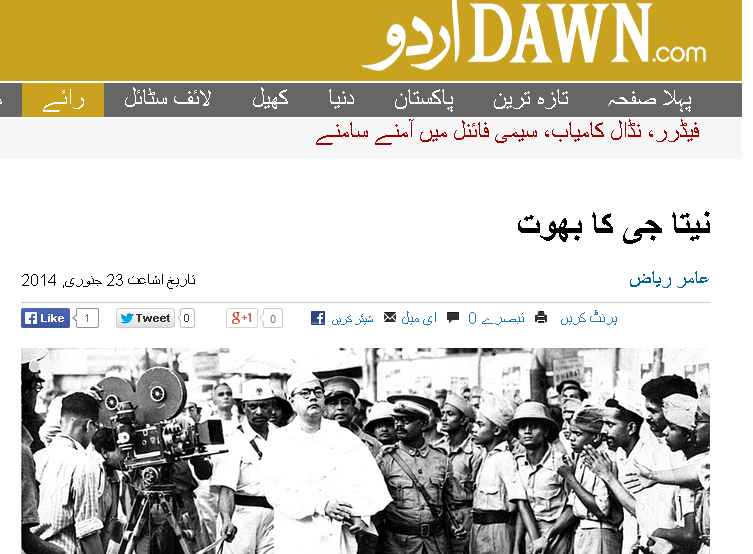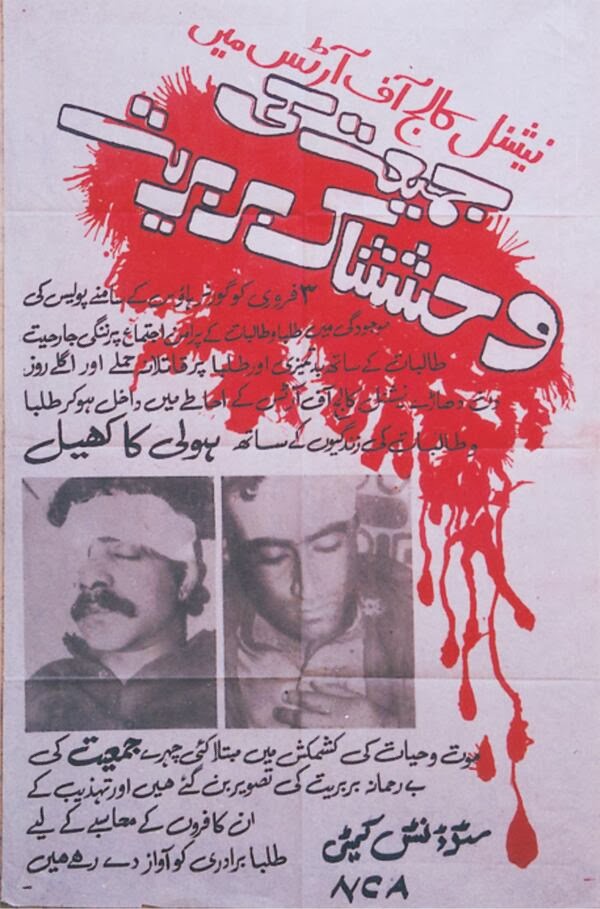State
of Human Rights in 2000
Introduction
While
the HRCP's annual report for the year 2000 was being completed, Pakistan
reached the end of the first year of its fourth period of military rule since
Independence barely 53 years.
A sense of uncertainty continued to hang
over the nation as it contemplated its own democratic future. The general
elections promised by the military regime still seemed a long way off, and the
ballotting process carried out so far, for the first phase mf
elections to union councils in 18 districts of the
country, did little to inspire confidence.
Mass confusion was caused by the
complex voting procedure worked out for the polling exercise, while initial
results were ominous. In the first place, there was little evidence that the devolution
process would in any way attain the two main promises made by the
government - that of truly handing over power to the grassroots level and
producing a new political leadership. In the absence of a clear idea of the
powers the councils at the union, tehsil and district level would wield and
doubts over what resources would be made available to them to carry out
projects, the question of giving powers into the hands of the
people remained under shadow. The polls also, not unsurprisingly, speared to
usher back traditional power groups, comprising influential feudals and
politicians. At the same time, clans or 'biradaris' appeared once again to be
resurgent, marking a distinct setback in the signs over the last decade of some
decline in their spree of influence as political parties gained ground.
The issue of provincial autonomy,
the mass boycott of polling by minorities and the question of whether local
level democracy is possible in the absence of democratic institutions at the
provincial and national levels all added to the sense of doubt.
The vacuum created by the
military regime's strategy of discrediting and sidelining political parties and
their leaders was ideally suited to the orthodox clergy, and its formations took
little time to move into the space left behind as political parties men
pushed away. In a series of alarming actions, the
clergy struck out fiercely against minority groups, especially the Ahmadi
community, and non-governmental organisations (NGOs).
particularly those that tried to promote the rights of women. The outpourings
of vicious hatred from these clergymen, in direct violation of law, not
surprisingly resulted in numerous incidents of
violence, harassment and even cold-blooded murder. The fact the authorities
stood by as silent spectators indicated clearly that they were in fact
colluding with the extremists against those peacefully, and lawfully,
practising their beliefs or undertaking development work aimed at uplifting
communities.
While pledges from the highest
level of government of action to protect minority groups, restore joint
electorate and act to halt the rising spate of the 'honour' killings of women
continued to come in, ground realities remained largely unchanged - indeed
marking a worsening of the situation over the previous year in some areas. More
women were murdered across the country than in the preceding year as a result
of motives stemming from perceived notions of 'honour', while crime of almost
every kind remained on the rise.
The heightened violence and intolerance
within society was also exhibited by the numerous cases of blasphemy registered
against individuals. In repeated instances this appeared to stem from disputes
of various kinds. A minor administrative adjustment proposed by the government
in investigating cases of blasphemy, aimed at attempting to check precisely
such misuse of the law, was taken back within weeks following pressure exerted
by the orthodox clergy.
Political parties and their
activists too faced a trying time. Following a law introduced early in the year
barring public gatherings, the right to assembly remained fiercely suppressed
throughout the year. Political activists were repeatedly taken into detention
to deter them from peaceful assembly, and even indoor gatherings were at times
interfered with, though the law permitted these. Aside from workers of
political parties, trade unions, teachers and those raising attention against
the injustices frequently meted out under the blasphemy law faced harsh action
by police.
Conditions in which many
detainees were held, including those held under the wide ranging powers allowed
to the National Accountability Bureau, were frequently found to be inhumane and
brutal. Reports of mistreatment in custody, torture and a denial of basic
rights continued to come in. The sudden exile to Saudi Arabia in December of
the government's best known political detainee, deposed prime minister Nawaz
Sharif, who had been accused of multiple acts of corruption and other grave
crimes, threw into doubt the military government's commitment to the process of
accountability it had offered as the main justification for retaining powers.
For the judiciary too, the year
started out on an ominous note. Members of the superior judiciary were required
to take a new oath. Those who declined to do so were retired. Other members of
the judiciary faced increased threat, with judges as well as lawyers falling
victim to attacks on them.
The right of free movement for
many remained restricted due to the use of the Exit Control List, which swelled
to unprecedented proportions before being curtailed later in the year.
Confusion and incomplete data about those on the list added further to the
misery of many innocent travellers.
Despite some
steps forward, including the release of prisoners accused of petty crimes and
the introduction of the Juvenile Justice System Ordinance, the fate of those
jailed across the country remained a miserable one. Riots breaking out in
several prisons reflected the misery of prisoners, arising mostly from the
repeated violations of the jail manual, overcrowding
and the use of torture.
Against this backdrop, indicators
showing progress in vital spheres such as education, health, the environment
and housing remained bleak. Expenditure on these sectors crucial to the welfare
of citizens remained amongst the lowest in the world, while other ventures in
fact contributed to a worsening of the situation. The displacement of people
from 'katchi abadis' where homes were demolished through the year continued to
add greatly to their suffering, with the actions continuing despite protests by
residents.
The situation of labourers,
including the over 3.3 million
child workers in the country, remained a dismal one. Many of them were held in
bondage, both on agricultural hods mainly in Sindh and at brick kilns across
the Punjab, in a direct violation of law. Others faced the most hazardous
working conditions with little progress on efforts to improve their plight.
Yet, in difficult circumstances,
efforts continued by organisations and individuals ID
battle the odds. In some cases, there was evidence
that the regime was responding to these brave bids. Pressure from the
international community also aided them in certain cases in their task. These
efforts kept alive hope that an improvement in the existing situation would, in
time, come about and through a collective effort the quality of life
of the tens of thousands facing injustice, discrimination and deprivation
across the country change for the better.
Kami/a
Hyat Editor
































